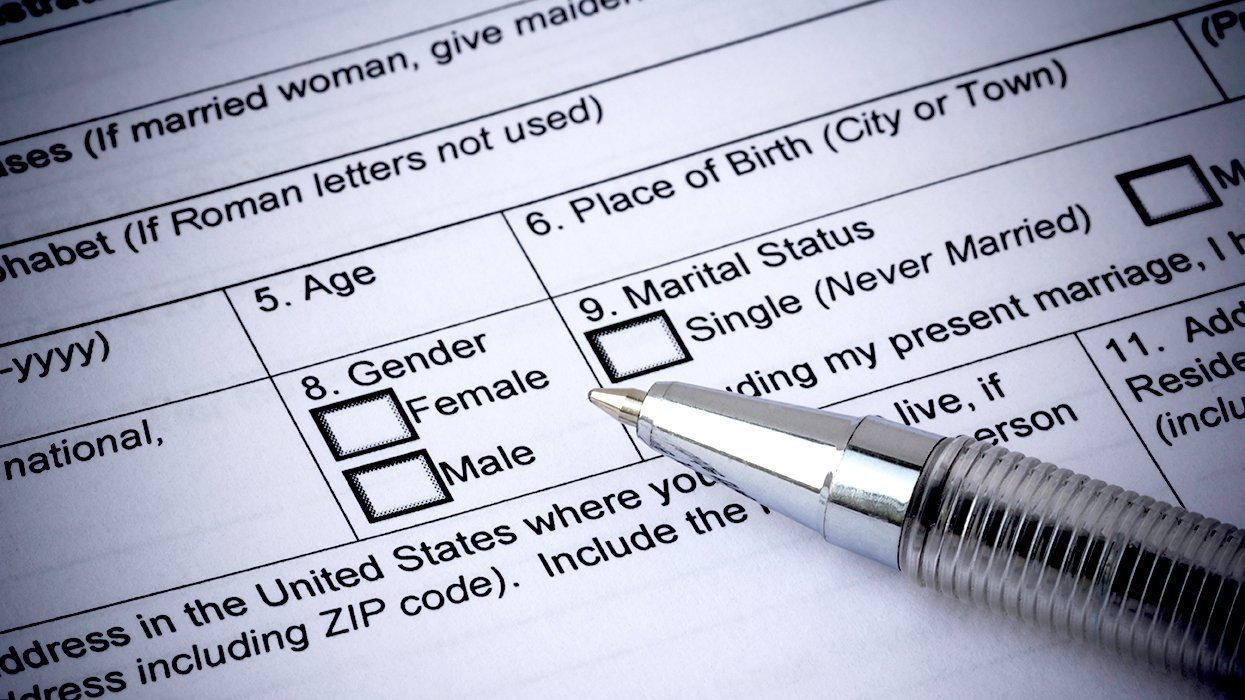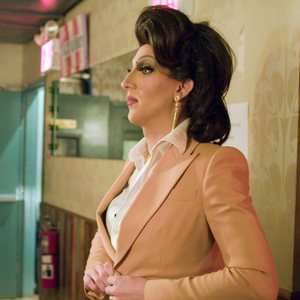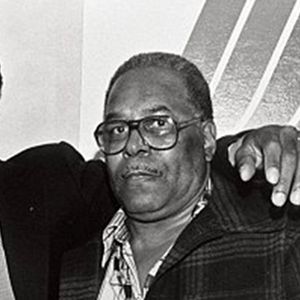During her first
five years in the Navy, Jen Kopfstein avoided
conversations about her personal life. In the collegiate
atmosphere of the Naval Academy and the close quarters
of a ship, that was difficult for Kopfstein. "I felt
like I was being forced to lie and having to be
dishonest," said Kopfstein. "I could never share anything
about my family or my home life or even say what I did on
the weekend. It is hurtful to do that."
So Kopfstein wrote a letter to her commanding
officer telling him she was a lesbian. Under the
military's "don't ask, don't tell" policy, she was
discharged from the Navy. Kopfstein and 11 other service
members are challenging the 12-year-old policy,
arguing in a federal lawsuit that it violates their
constitutional rights to privacy, free speech, and
equal protection of the law. "It's a terrible policy," said
Kopfstein, 30, of San Diego. "It's very detrimental to
morale. It turns people into second-class citizens."
"Don't ask, don't tell," established in 1993
under the Clinton administration, prohibits the
military from asking about the sexual orientation of
service members but requires discharge of those who
acknowledge being gay or engaging in homosexual activity. On
Friday the Bush administration will ask a federal
judge in Boston to dismiss the lawsuit.
In court documents, the Justice Department
argues that Congress, in approving "don't ask, don't
tell," recognized that the military is characterized
by its own rules and traditions, including some
restrictions that would not be accepted in civilian society.
The policy "rationally furthers the government's
interest in maintaining unit cohesion, reducing sexual
tensions, and promoting personal privacy," the
government argues.
But the Servicemembers Legal Defense Network,
which filed the lawsuit, argues that the policy is
clearly discriminatory. "The government has never
produced a shred of evidence that this is necessary for
military readiness," said executive director C. Dixon
Osburn. "Don't ask, don't tell" punishes people for
who they are, Osburn said. "You cannot say that you
are gay if you are in the military. You cannot tell
your mom, you cannot tell your colleagues, you cannot tell anyone."
Derek Sparks joined the Navy just after high
school and earned more than a dozen medals and
commendations during his 14-year career, which
included deployments for Operation Desert Storm and
Operation Enduring Freedom in Afghanistan. In 2002 a
shipmate said he had seen Sparks and two other men
engaging in homosexual activity in Sparks's office. All
three men denied the accusation. During the investigation,
Sparks acknowledged that he is gay. "It was out of
frustration," Sparks said. "I had been hiding for so
long and leading a double life in the Navy. At that
point I had just kind of had enough."
"The atmosphere was one that forced you to
hide," he said. "You would hear remarks every
day--antigay remarks--so any person in their right
mind would not want to reveal their sexuality." The Navy
discharged Sparks, of Seattle, in April 2002.
"Don't ask, don't tell" has been upheld by
appeals courts in several other jurisdictions. "The
Department of Defense policy on homosexual conduct in
the military implements a federal law enacted in 1993
following extensive hearings and debate. The law would need
to be changed to affect the department's policy," said
Lt. Col. Ellen Krenke, a Pentagon spokeswoman.
Osburn said one of the reasons they filed the
lawsuit in Boston is because the appeals court
here--the first circuit--has never been asked to rule
in a case involving the policy. One of the plaintiffs, Laura
Galaburda, a former second lieutenant in the Air Force
Reserves, lives in Boston. Osburn's group is hoping a
2003 U.S. Supreme Court ruling will help their case.
The ruling said state laws criminalizing homosexual sex
were unconstitutional. The group is also arguing that with
the country at war and recruitment lagging, it does
not make sense to dismiss experienced gay and lesbian
service members because of their sexual orientation.
(Denise Lavoie, AP)



















































































